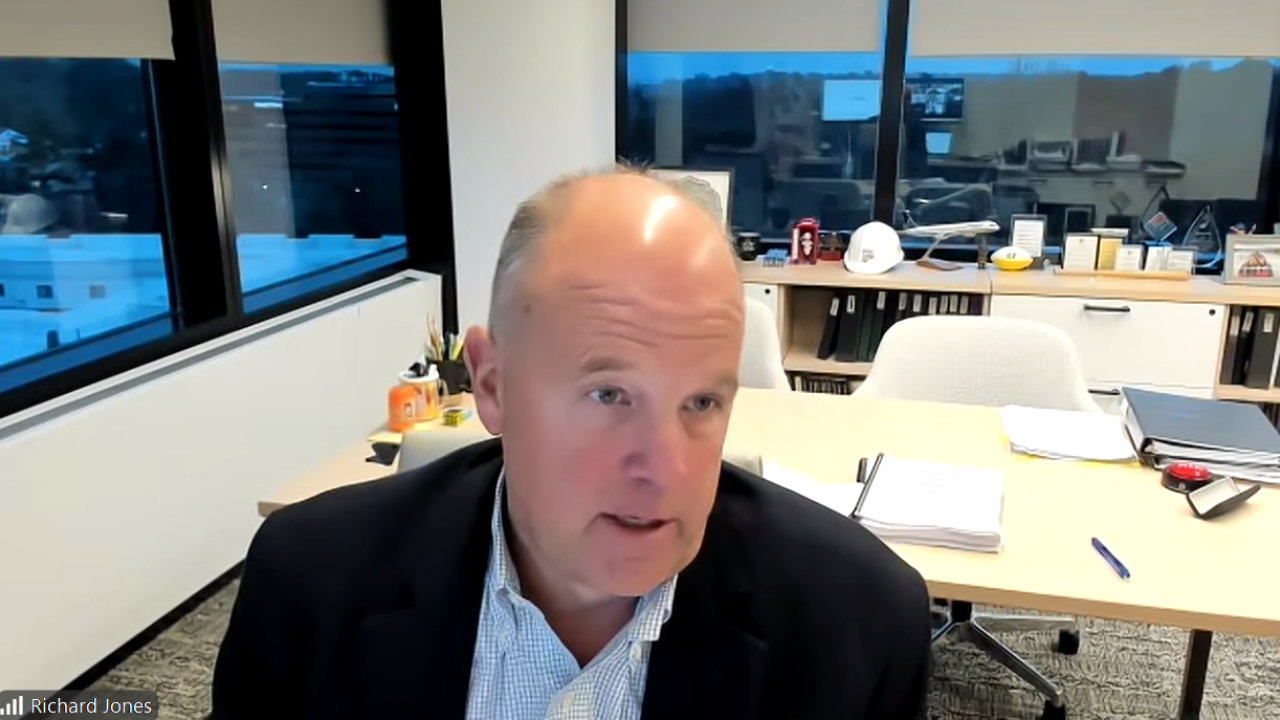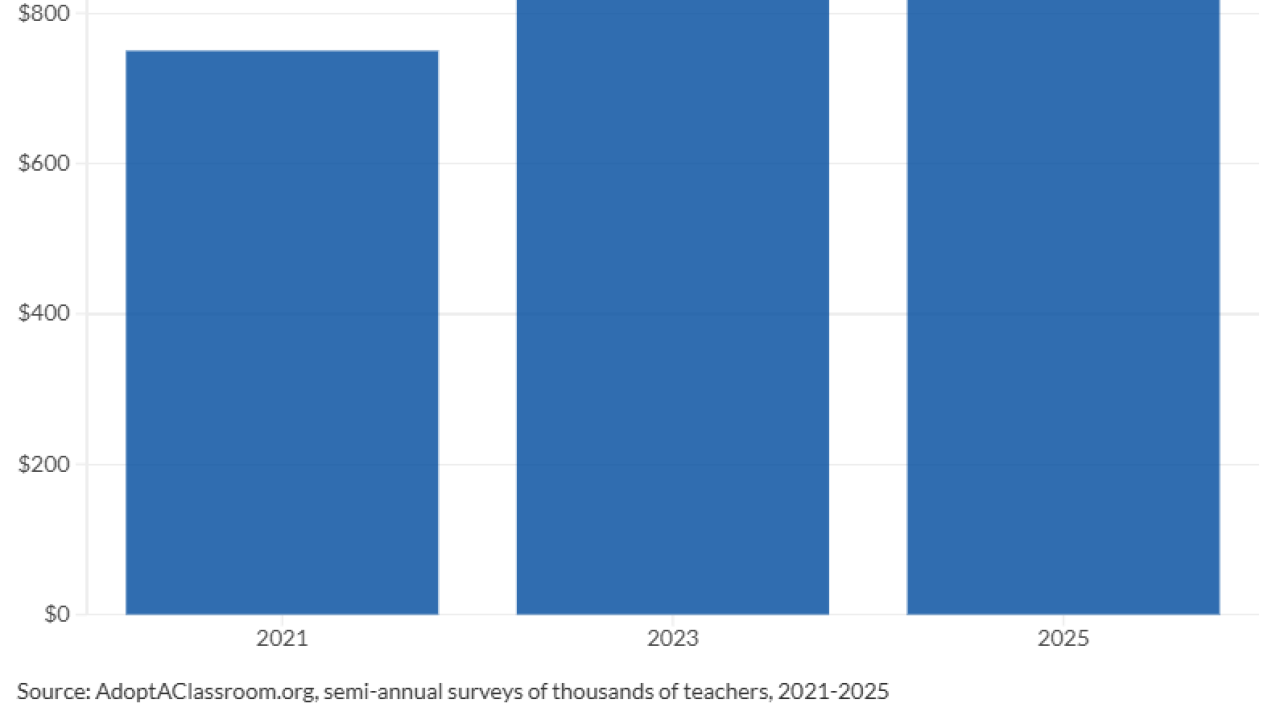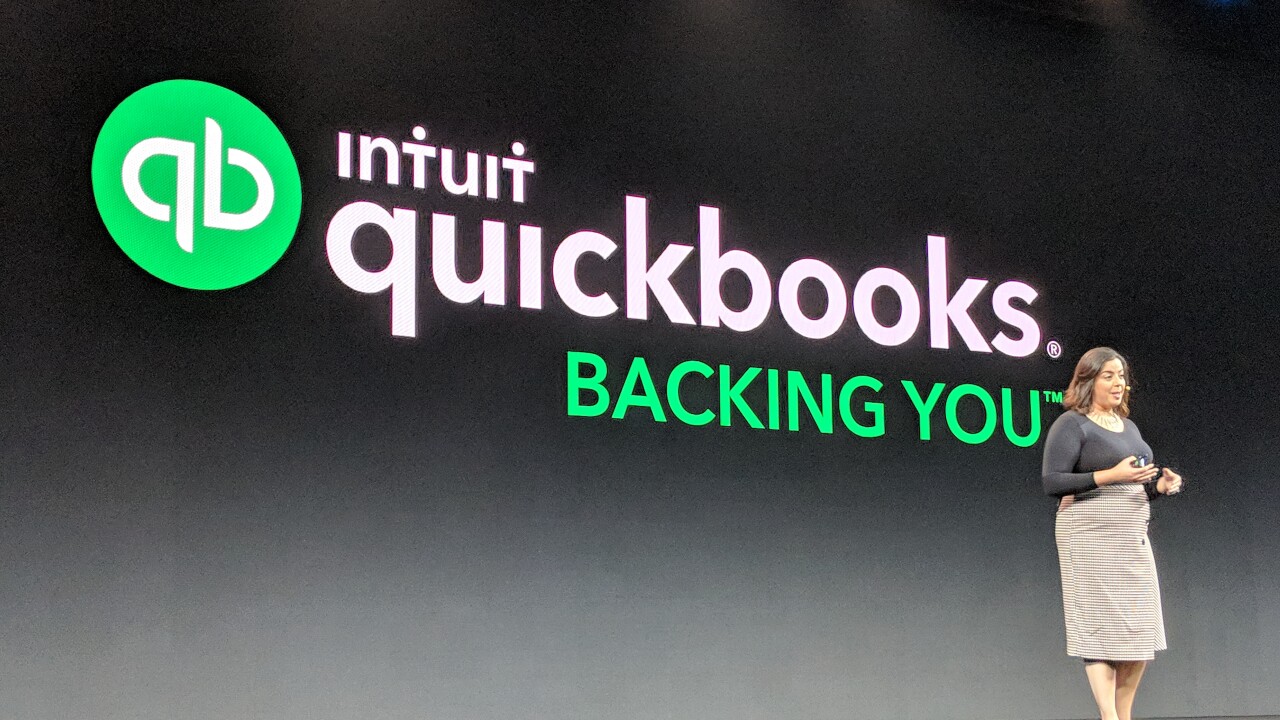I've gotten so much mail over my column of Feb. 4, (The AICPA is MIA) that I heard the U.S. Postal Service is mulling an antitrust suit against me.
For those with short memories, I lambasted the AICPA for adopting a bunker mentality with regard to leadership or public appearances in the Enron mess.
Two weeks later, I wouldn't go as far as to say the institute has done a 180-degree spin, but to be fair, the AICPA has at least taken baby steps in the direction it should have at the first mention of the "E" word - Enron.
On Thursday, AICPA chairman James Castellano testified before the House Energy and Commerce Committee to outline a series of reforms to modernize the current financial reporting system.
Castellano, who in a conference call the day before, offered a preview of the institute's reform initiatives, outlined several of those proposals for the committee including: reporting of a broader bandwidth of information in financial reporting; more frequent reporting; addressing accounting consolidation; and requiring reports on internal control.
Castellano told lawmakers that the institute would "work actively with Congress to develop meaningful public policy reforms."
In testimony before the same committee, Financial Accounting Standards Board chairman Edmund Jenkins promised that the group also would work "expeditiously" in concert with regulators and lawmakers to "resolve any and all financial accounting and reporting issues that may arise as a result of Enron's bankruptcy."
To my knowledge expeditiously, or any and all of its derivatives, have rarely been used to describe the pace of FASB projects.
FASB in fact has come under fire, especially in the wake of Enron, from critics who charge the speed at which it sets standards would fall somewhere between a groggy tree sloth and a statue.
In addressing the committee, Jenkins reiterated FASB's ongoing projects, which target an upgrade to current financial reporting requirements including its proposals on Special Purpose Entities, a project that the group has been examining since the 1980s.
In addressing the question of speed, or lack thereof, Jenkins said the group was adopting several projects to improve its "efficiency and effectiveness without jeopardizing the openness, thoroughness and effectiveness of our open due process." Basically, that's C-Span-speak for "speeding up without screwing up." Again, critics of the profession would probably need more proof than "feel-good" professionally prepared remarks before a subcommittee whose knowledge of accounting rules and potential measures for reform is fuzzy at best.
The truth is the accounting profession and all that it entails has historically been reactive as opposed to proactive. And in a crisis, that can be a costly strategy.
It's unfortunate that it often takes a mess like Enron to highlight just how far behind you can fall by embracing that type of thinking.
-Bill Carlino





